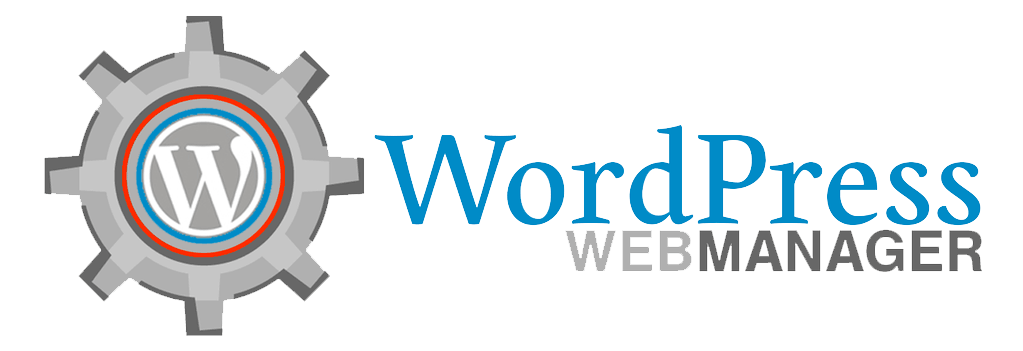WordPress Updates

WordPress updates help to keep your site secure and bug free and ensure you always have the latest features, improved functionality, and an enjoyable WordPress experience no matter what theme or plugin you decide to use. WordPress updates are a critical component of keeping your site secure. Not only do they allow your readers to enjoy your content, but they also help to protect your WordPress site from being compromised. A WordPress update will enable your WordPress site to run smoothly and efficiently and can be managed with WordPress security checks.
WordPress updates come in two major releases: version 3.0 and 4.0. Version 3.0 introduced many new themes and plugins, and version 4.0 added many new features and options to the WordPress admin area. These versions are important because they introduce new WordPress features and enhancements and make your WordPress site run smoother and more effectively.
WordPress automatically updates your WordPress theme and plugin files whenever you update your WordPress core. However, there are times when WordPress cannot automatically update these files so you may want to manually update your WordPress files. WordPress automatically updates the WordPress core and all plug-in files when you install a new version of WordPress. This allows you to update your WordPress themes, plugins, and database whenever a new version is released.
Unfortunately, WordPress cannot update itself if it does not know that the version you are updating to be the latest version. So you will need to be sure to use the latest version of WordPress in order for WordPress to know that the latest version of all themes, plugins, and settings is the most recent version. WordPress users that do not regularly update their WordPress core will run into problems that could potentially cost them the website they own. One example would be if WordPress ran on an older version that was suddenly upgraded, then a user’s website could suddenly become extremely slow or malfunction.
WordPress allows you to perform automatic updates of the WordPress core through a process called automatic updates. To perform an update, first sign in to your WordPress site using your login information. Next, click the Update tab at the top of the screen. WordPress will display an icon that enables you to choose an option from a list of WordPress versions, which can include WordPress versions that are not yet released, security releases, or other optional upgrades.
WordPress core updates are available for various reasons, including security updates, to help prevent the use of illegal software, and to allow for better SEO purposes. WordPress core updates happen automatically whenever you install a new plugin. WordPress plugin developers make their plugin available as an update so that you can update your WordPress core without manually downloading and installing each plugin one at a time. WordPress plugin updates happen whenever a new version of a WordPress version is released. WordPress plugin upgrades also occur whenever a major version of WordPress is released as well.
WordPress automatically updates when a new version of WordPress is released, but if you want to do it yourself, you can set the WordPress update button on your administrative dashboard to run the update automatically. This is a great way to schedule regular WordPress updates since there is no need to sit and go through each of the WordPress update procedures. You can also choose to run the update at a specific time during a specific period of the day. WordPress automatically updates every day, but you can choose to schedule your own WordPress updates.
WordPress users who are using WordPress have many options for managing their WordPress site. In addition to updating WordPress itself, you can manage the WordPress plugins, stylesheet, themes, and plug-ins with the WordPress interface itself. You can also have your own custom theme with WordPress, update your WordPress database, and manage your WordPress files with the WordPress administration dashboard. There are many different ways to use WordPress, and each of these options makes WordPress one of the most versatile blogging platforms on the web. You can use WordPress as a publishing platform, a content management system, as a blog engine, as a search engine, or as a background updates tool.




